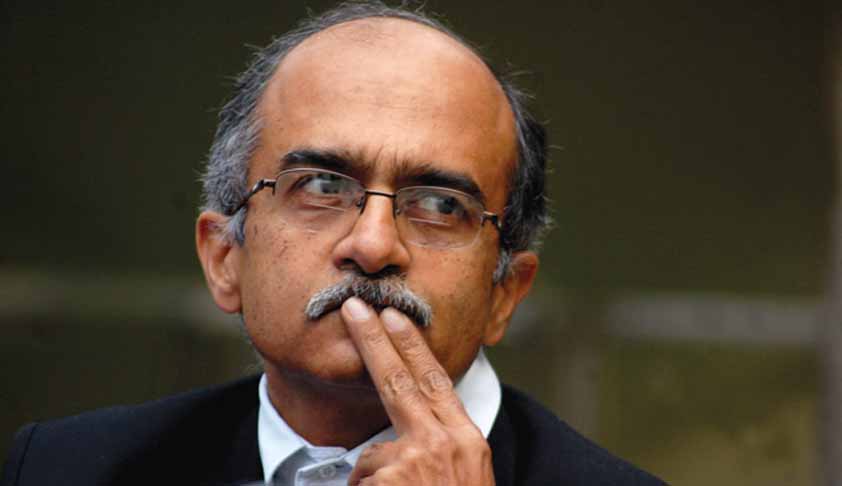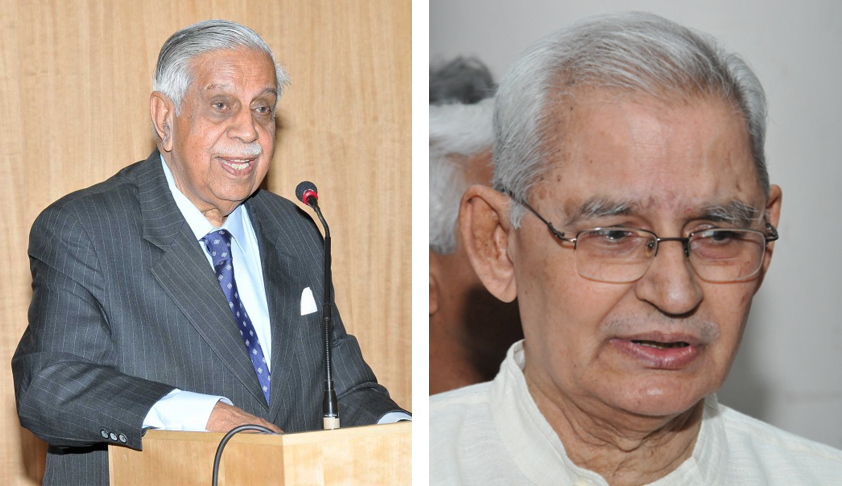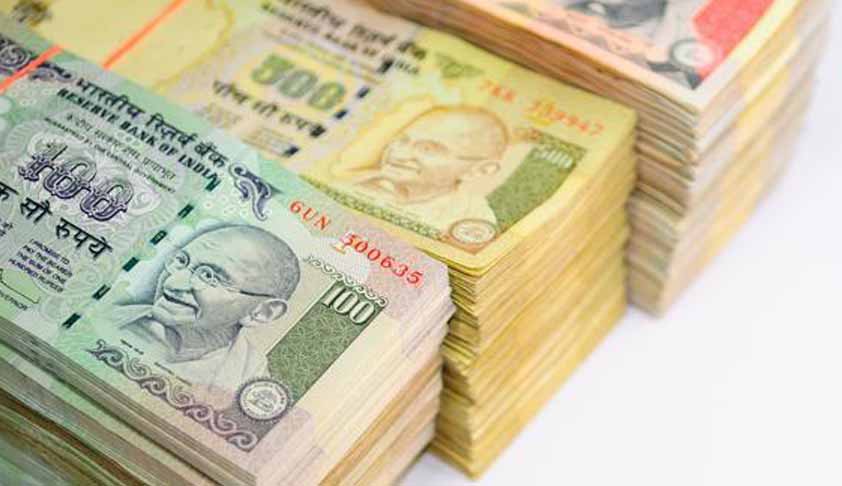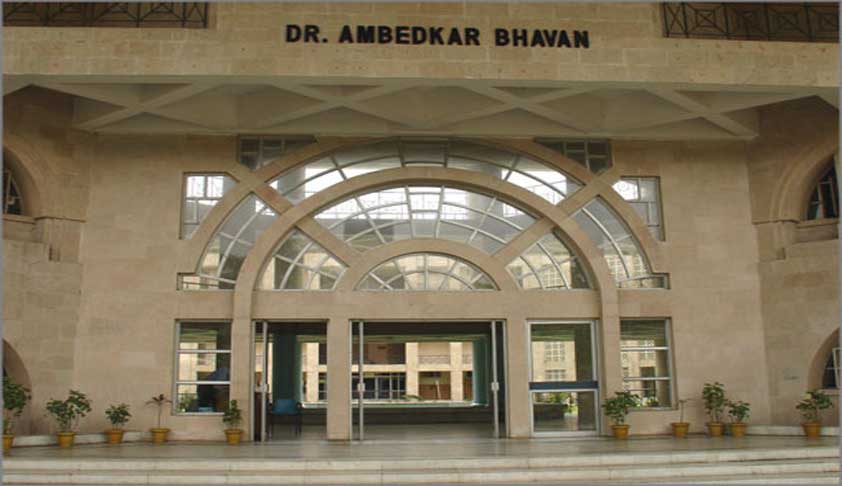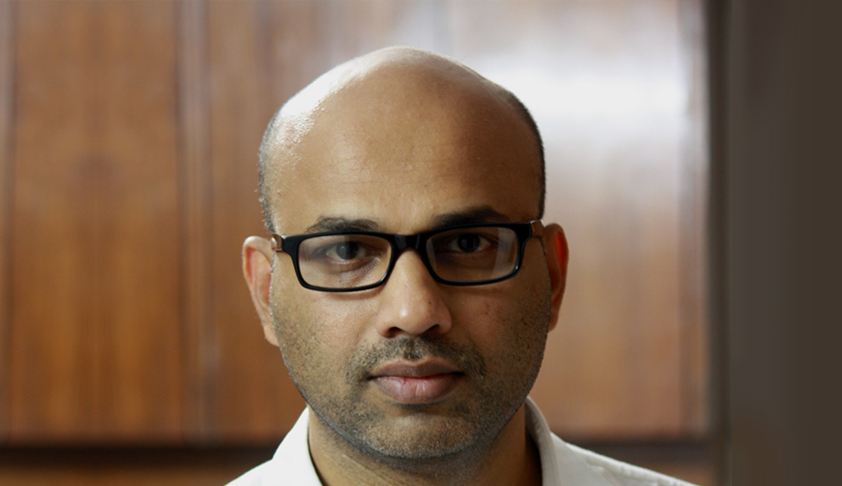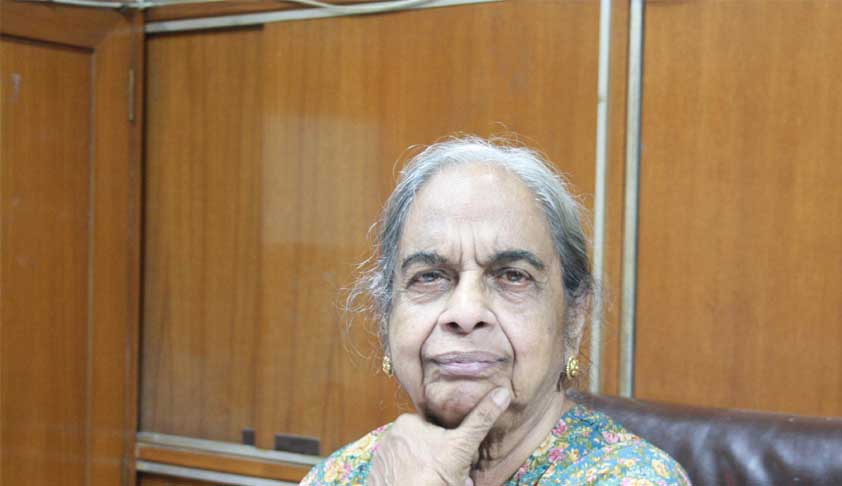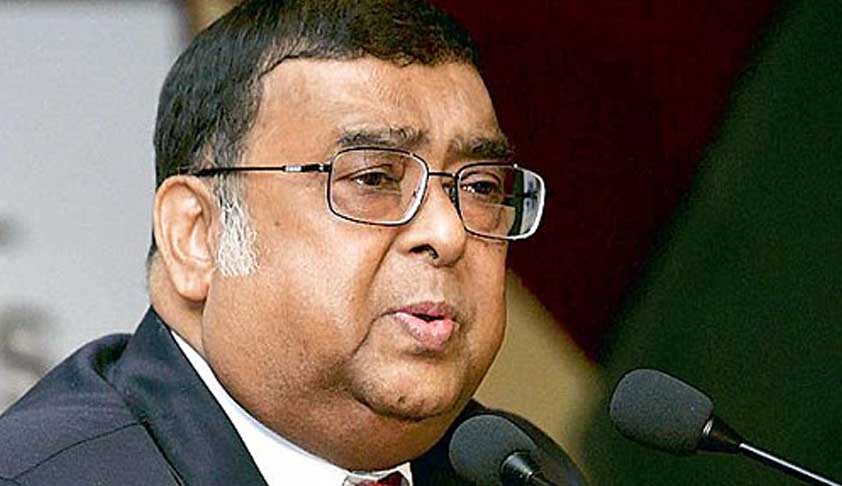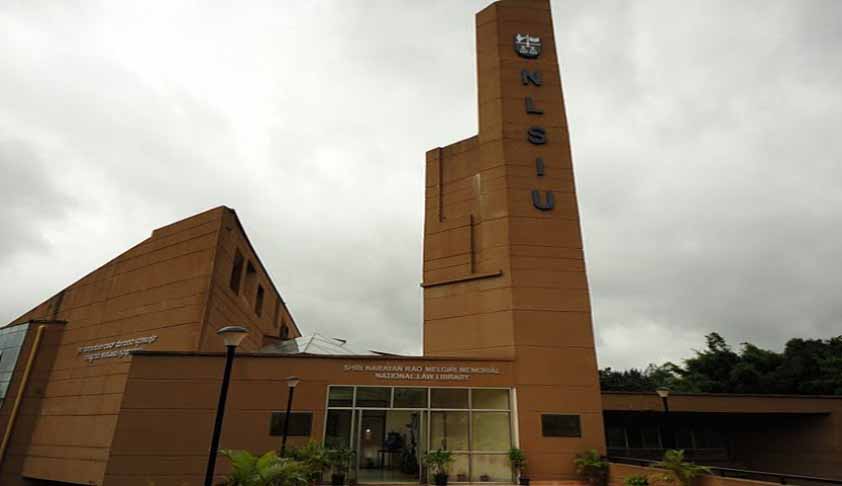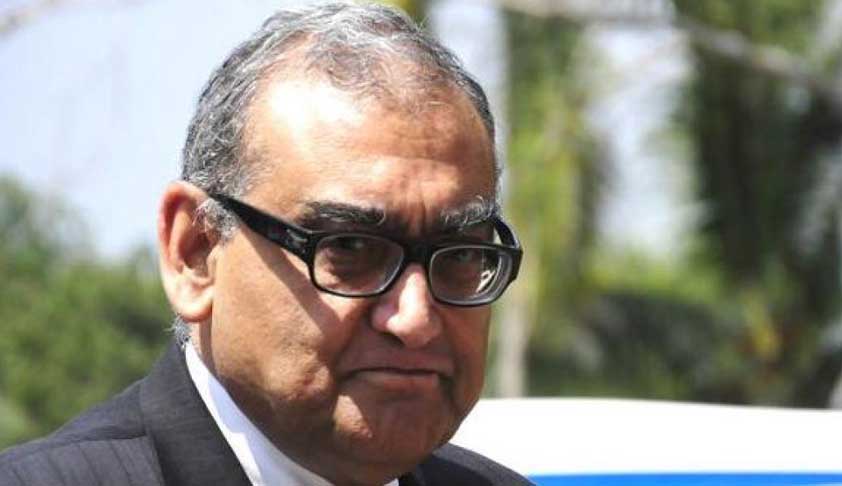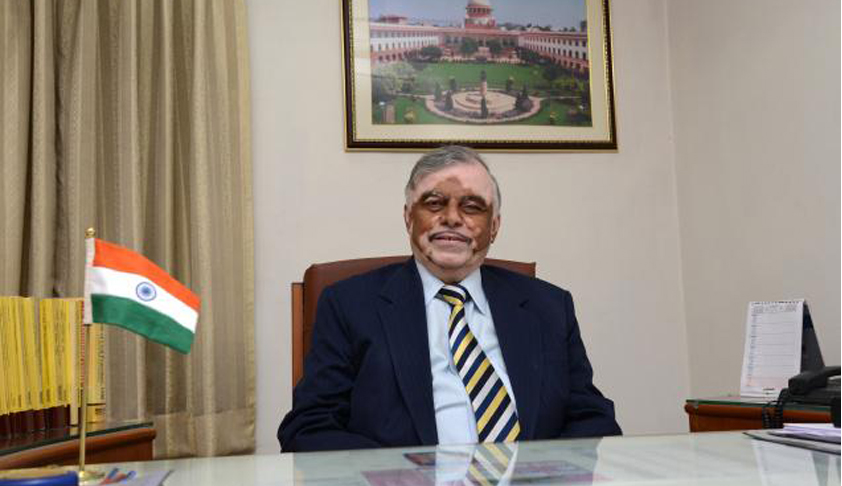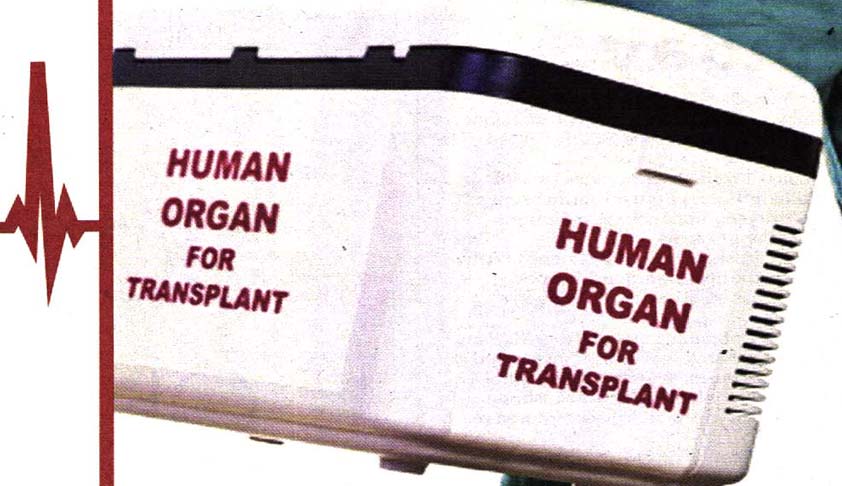Cover Story
Prashant Bhushan says that the NEET judgment was given to private medical colleges well before it was given to Justice Anil R Dave
Prashant Bhushan began practising as an Advocate in the Supreme Court of India in 1983, specialising in Public Interest Litigation. His main areas of interest have been Human Rights, the Environment and ensuring that public servants are accountable. He is associated with various organisations including the Centre for Public Interest Litigation (CPIL), People's Union for Civil Liberties (PUCL), Committee on Judicial Accountability and Transparency International (India). In 2012, Bhushan was the...
Exclusive: Justice U L Bhat - First Martyr of the Collegium System; Justice Bhat not elevated to the SC for being irreverent to his Seniors
The collegium system of appointment of Judges in the Supreme Court and High Courts was introduced by a Judicial 'Legislation' by a majority Judgment in the 'Second Judges Case'. It was held that "in matters relating to appointments in the Supreme Court, the 'opinion' given by the Chief Justice of India in the consultative process has to be formed taking into account the views of the two...
Senior Counsel Fee: How much is too much?
The litigants in High Court and Supreme Court often come across a category of lawyers that are different from the usual breed. These lawyers with a different style of coat and gown, British style tab collars and some of them with a golden pocket watch hanging over the black waistcoat, bring out the class difference. What is the legal source of this class distinction? It is the Advocates Act 1961, which classifies lawyers into “Advocates” and “Senior Advocate”.Section 16 of the Advocates Act...
Students and Faculty petition NUJS's Academic Council over fall in academic standards and opaque administration
Last week, students as well as faculty at the National University of Juridical Sciences (NUJS), Kolkata have submitted separate petitions to the Academic Council of the University. Academic Council is the apex body of the University for all academic matters. Both the petitions pertain to, deterioration of academic standards and protest against an opaque and arbitrary...
Hyper Constitutionalism- The Journey from TMA Pai to NEET case
Judicial dissent is rare in these collegium days. The master of the roster, the Chief Justice, enjoys the privilege to constitute the Bench and majority and minority views, are often decided at the time of selection of judges for the bench constitution. After all it is a number game world over, and not free from its vices.Judicial discipline commands obedience to the majority view Stricto Sensu. Inside the court, minority judgment is often assigned literary value, contrary to perception I would...
The Court does not have the power to subject Advocates to AOR exam - Conversation with Advocate Lily Thomas
At the age of 85 when most lawyers call it quits, Advocate Lily Thomas is actively pursuing justice. She is one of the few lawyers who marched along with the Indian Supreme Court. She recently appeared as a petitioner in a PIL that has left political parties in a quandary and media houses hailing her as savior of democracy. She looked ecstatic after SC delivered a judgment having far reaching consequences, it provided for disqualification of MP’s, MLA’s on the date of conviction. She belongs to...
Justice B Bhatacharya not elevated to SC for opposing elevation of CJI Kabir’s sister to Cal HC
Justice Pinaki Chandra Ghose and Justice Kurian Joseph were recently elevated to the Supreme Court overlooking the seniority of three other judges, namely Justices Barin Ghosh, Mohit Shantilal Shah and Bhaskar Bhattacharya. Among the three judges who were ignored, Justice Bhaskar Bhattacharya (present Chief Justice, Gujarat High Court) needs a special mention. Allegedly, he was not elevated...
Exclusive: NLSIU says Sidharth Chauhan was never 'dismissed'; RTI replies open up Pandora's Box
In February 2013, National Law School of India University (NLSIU) had dismissed Sidharth Chauhan from his position as a 'Visiting Faculty' member without giving any reasons. Sai Vinod had filed (on behalf of Prashant Reddy, NLSIU alumnus) an Right to Information (RTI) application asking the reasons for dismissal of Chauhan. The Central Public Information Officer (CPIO) has now...
No more mechanical addition of Murder charges in Dowry Death Cases
In a significant Judgment, the Supreme Court has practically put an end to the practice of mechanically adding the charge of Murder (S.302 IPC) in all Dowry Death Cases(S.304 IPC) by Trial Judges following a blanket directive of the Supreme Court in Rajibir v. State of Haryana (AIR 2011 SC 568).It was on 22nd November 2010, the Bench headed by Justice Katju, along with Justice Gyan Sudha...
Let us do away with 'Your Lordship' and 'My Lord'
Fali S Nariman often tells interesting stories. He writes in his autobiography (Chapter 5): “...a city court judge and a district judge must be addressed as ‘Your Honour’, and (most important of all) a high court judge must always be addressed as ‘Your Lordships’ (believe me, the judges simply love it). Years ago, I appeared before a judge who had just been’ elevated’ from the city civil court to the high court, and was particular about how he should hence forth...
“Judiciary is not untouched by corruption” says CJI designate Justice P Sathasivam
Chief Justice of India designate Justice P Sathasivam spoke to the media on various issues. Live Law brings you a summary of the views expressed by Justice Sathasivam.On Corruption in JudiciaryJudiciary is not untouched by corruption. The solution for eliminating this disorder majorly lies in the hands of litigants. The litigants must take the responsibility of bringing to light such...
Who is this Law For?
Dr. B Umadethan analyses “Transplantation of Human Organs Act”, introduced in 1994 by the Central Government to curb the kidney business that flourished in our land. Caught entangled in the labyrinthine paths of the law many patients succumb to death as transplantation is not done in time. A few amendments were introduced in 2011. Still it is high time to redefine the purpose and execution of the law says Dr Umadethan in this column. Scene-1 Amrita Medical College Hospital, KochiA young...



